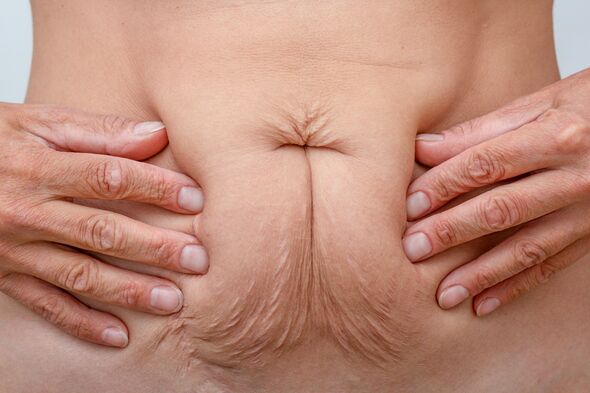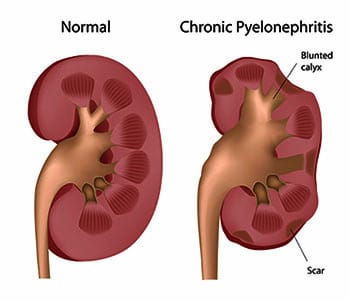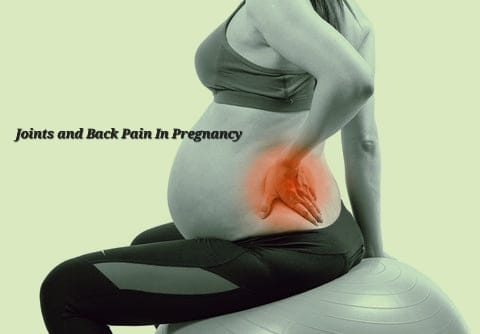Body Weight changes After pregnancy
Introduction
The journey through pregnancy involves significant physical and emotional changes, and one of the most noticeable changes is body weight. After giving birth, many new mothers are eager to return to their pre-pregnancy weight. However, the process can be challenging due to the complex interplay of hormonal adjustments, physical recovery, and the demands of motherhood. This article explores the factors affecting body weight after pregnancy, effective strategies for weight management, and the importance of self-care during this transformative period.
Understanding Postpartum Weight Retention
Postpartum weight retention (PWR) refers to the weight a mother retains after giving birth. Women, on average, gain about 25 to 35 pounds during pregnancy. According to the American College of Obstetricians and Gynecologists, most women lose nearly 13 pounds (baby, placenta, and amniotic fluid) immediately after delivery. The remaining weight from increased fluid volume, larger breasts, and fat stores will take some time to lose.
Factors Influencing Postpartum Weight
Several factors can influence how quickly and effectively a mother loses postpartum weight:
Hormonal Changes: Hormones play a significant role in postpartum weight retention. The high levels of progesterone and estrogen during pregnancy drop drastically after delivery, impacting metabolism and weight loss.
Pre-pregnancy Weight: Women who start at a higher weight before pregnancy are more likely to retain weight postpartum.
Weight Gain during Pregnancy: Excessive weight gain during pregnancy often leads to greater postpartum weight retention.
Lifestyle Factors: Diet and physical activity levels both before and after pregnancy also significantly affect postpartum weight.
Breastfeeding: Breastfeeding can help with weight loss after pregnancy. It burns additional calories and helps shrink the uterus, although its effects on weight loss can vary among women.
Age: Older mothers may find it more challenging to lose weight due to a naturally slower metabolism.
Sleep Deprivation: Lack of sleep, common in new mothers, can affect hormones that regulate appetite and weight.
Effective Strategies for Managing Body Weight After Pregnancy
Managing postpartum body weight involves a combination of nutrition, exercise, and mental health support. Here’s how new mothers can approach weight loss safely and effectively:
1. Set Realistic Goals
Understand Time Frame: It’s important for new mothers to have realistic expectations about weight loss. Rapid weight loss can be harmful, especially if breastfeeding.
Healthy Weight Loss Rate: A safe loss is about 1 to 1.5 pounds per week, especially after the first six weeks that allow for an initial postpartum recovery.
2. Focus on Nutrition
Balanced Diet: Instead of dieting, mothers should focus on eating a balanced diet rich in nutrients. Include whole grains, proteins, fruits, and vegetables, and limit foods high in saturated fats and sugars.
Hydration: Drinking plenty of water is essential, especially for breastfeeding mothers, as it supports metabolism and helps reduce calorie intake.
Moderation, Not Deprivation: Rather than skipping meals or severely restricting calories, eating in moderation can support gradual, sustainable weight loss.
3. Incorporate Physical Activity
Consult a Healthcare Provider: Before starting any postpartum exercise program, it is crucial to get clearance from a healthcare provider, particularly for those who had a C-section or complicated birth.
Start Slow: Begin with light activities like walking or gentle stretching. Gradually increase intensity with activities like yoga, swimming, or light aerobic exercises.
Routine is Key: Establishing a regular exercise routine, even if it is a few minutes a day, can significantly affect overall health and weight loss.
4. Prioritize Sleep and Stress Management
Sleep: Adequate sleep helps regulate stress hormones like cortisol, which is linked to weight gain.
Stress Management: Techniques such as deep breathing, mindfulness, and meditation can reduce stress and improve mental health, which is crucial for managing weight.
5. Seek Support
Social Support: Connecting with other mothers for support can provide encouragement and share strategies for postpartum weight loss.
Professional Guidance: Consulting with dietitians or fitness experts specialized in postpartum health can offer personalized guidance and reassurance.
The Role of Self-Acceptance and Body Positivity
Adjusting to the body’s changes after pregnancy includes embracing a new normal. It is important for new mothers to:
Accept the Changes: Understand and accept that the body might not return exactly to its pre-pregnancy state. Celebrate what the body has accomplished in giving birth.
Avoid Comparison: Avoid comparing oneself to others. Body recovery and weight loss are highly individual.
Body Positivity: Emphasize body positivity by appreciating the body’s strength and what it has endured, rather than focusing solely on weight.
Conclusion
Postpartum weight management is a journey that requires patience, realistic goals, and a supportive environment. By focusing on balanced nutrition, achievable physical activity, adequate sleep, and stress management, new mothers can effectively manage their body weight after pregnancy. It is equally important to cultivate a positive body image and self-acceptance to support emotional and physical health. Ultimately, the goal is not just to return to pre-pregnancy weight, but to emerge from this challenging period feeling healthy, strong, and confident.







